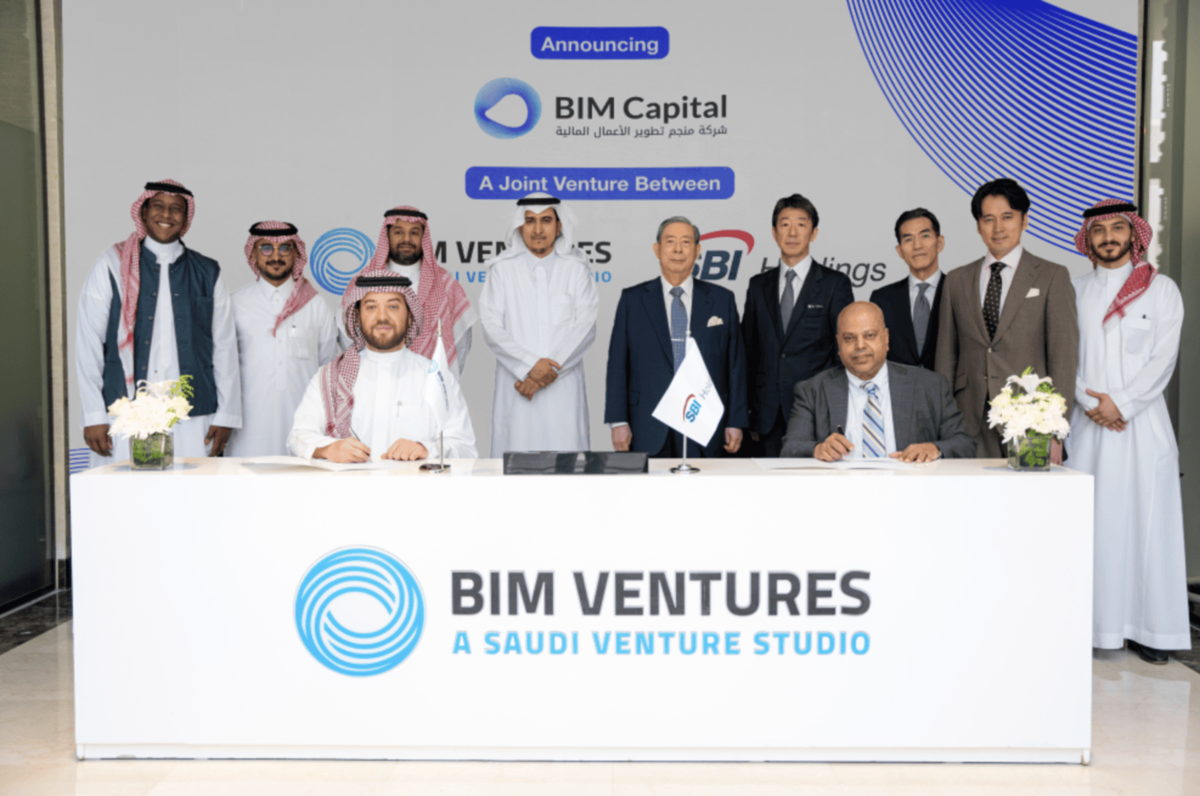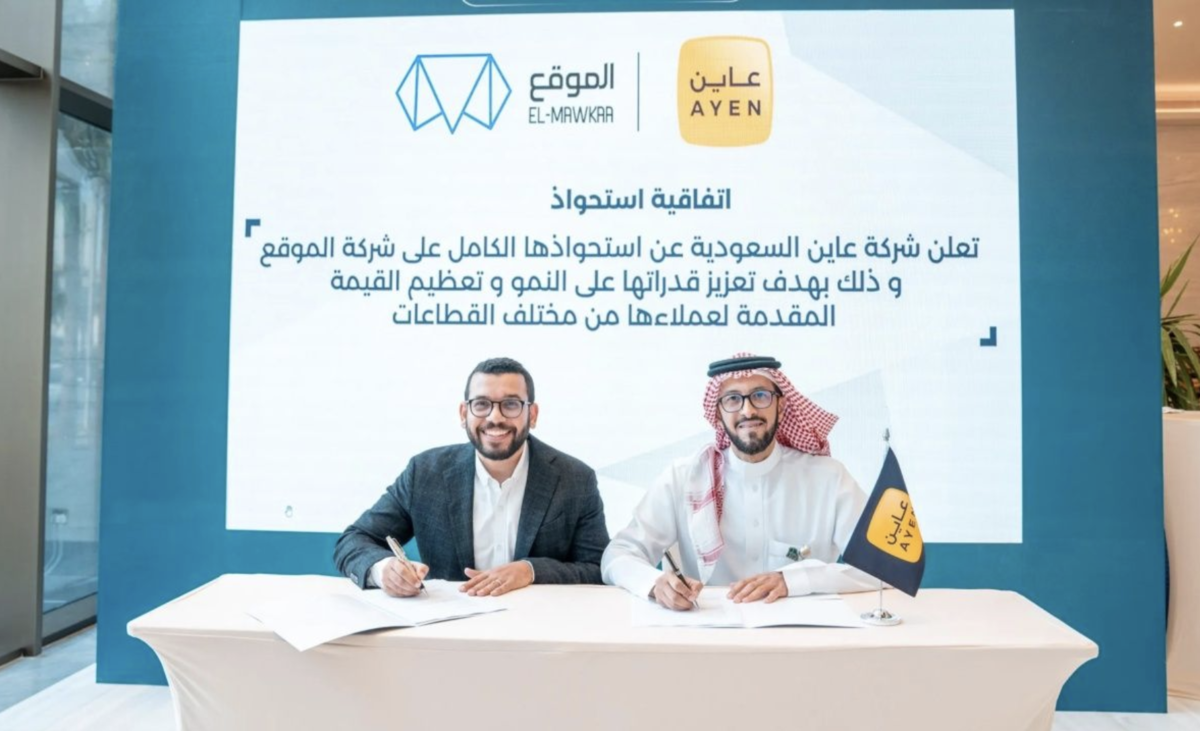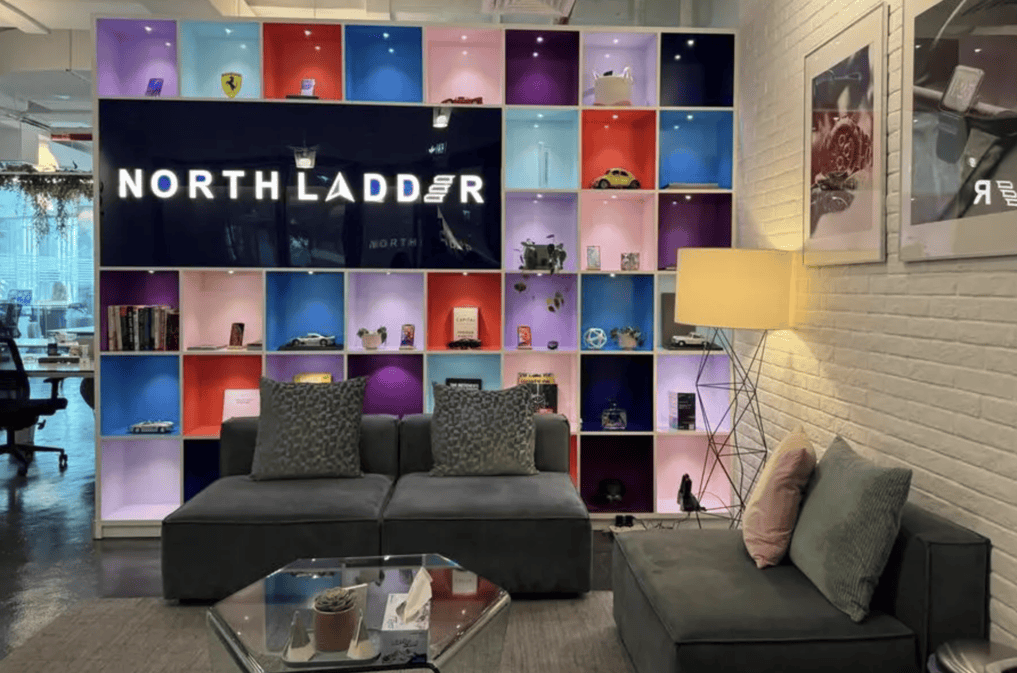RIYADH: Saudi Arabia’s venture capital ecosystem continues to boost the regional startup space, with one company plowing $20 million into the early stage-focused Booster IV fund.
Saudi Venture Capital Co. announced it was pouring the money into the fund, which is managed by Beco Capital and focuses on investments across the Gulf region.
Booster IV aims to support high-growth or disruptive startups, targeting companies from the seed stage up to series A.
The fund’s investment strategy spans various sectors with a strong emphasis on Saudi Arabia and the broader Gulf region, and currently oversees $495 million in assets across four funds.
“Our investment in Booster IV, managed by Beco Capital, aligns with our fund investment program and our strategy to support funds that back early stage startups in Saudi Arabia,” said Nabeel Koshak, CEO and board member of SVC.
Established in 2018, SVC is a subsidiary of the SME Bank, part of Saudi Arabia’s National Development Fund.
The company is dedicated to stimulating and sustaining financing for startups and small and medium-sized enterprises, supporting them from the pre-seed stage up to pre-IPO through funding and co-investments in high-potential startups.
Saudi’s BIM Ventures and Japan’s SBI Holdings launch $2bn-targeted BIM Capital

Supplied.
Saudi Arabia-based venture studio BIM Ventures and Japan’s SBI Holdings have launched a joint venture aiming to drive growth across Saudi Arabia and the broader Middle East.
BIM Capital’s investment strategy spans private equity, venture capital, debt funds, and real estate development, with a target of attracting over $200 million in foreign direct investment and managing assets exceeding $2 billion.
The firm will leverage its expertise to identify high-growth sectors, with a particular emphasis on technology ventures, emerging industries, and real estate development, offering investors access to innovative, transformative opportunities.
Mush Social raises $1.2m in pre-seed funding led by Nifal Consulting
Saudi-based Mush Social has closed a $1.2 million pre-seed funding round led by Nifal Consulting, with support from Nahr Al-Jazeera Holding and angel investors.
Founded in 2022 by Abdulhadi Al-Asmi, Mush Social operates a social platform where users can earn points and own virtual assets through its interactive map feature, potentially monetizing their online interactions.
The funds will support the development of advanced technologies to enhance user value from their engagements on the platform.
Ayen acquires Egyptian contech Elmawkaa in seven-figure deal

The deal will see Ayen integrate Elmawkaa’s construction materials marketplace into its property evaluation platform. Supplied
Saudi property tech company Ayen has acquired Egyptian construction technology firm Elmawkaa in a seven-figure Saudi riyal transaction.
Founded in 2018 by Abdulrahman Al-Mulqi, Ali Al-Mohsen, and Aymen Al-Sarory, Ayen provides data-driven property evaluation solutions.
The acquisition will integrate Elmawkaa’s construction materials marketplace into Ayen’s platform, strengthening its market position across the Gulf Cooperation Council region.
Elmawkaa, established in 2017, offers a digital marketplace for competitive quotations on building materials, aimed at streamlining procurement for construction companies.
Aramco Ventures backs IOTA Software’s $10.4m series A2 round
Aramco Ventures has joined a $10.4 million Series A2 funding round for IOTA Software, a cloud-native platform for industrial performance optimization, led by Altira Group with participation from Oxy Technology Ventures and Second Avenue Partners.
The funds will enable IOTA to expand its engineering, product, and customer success teams, enhance its technology infrastructure, and strengthen marketing efforts. IOTA’s platform aggregates business and operations data to aid decision-making across industrial sectors.
Warburg AI secures $250k in seed funding for financial AI solutions
UAE-based Warburg AI has raised $250,000 in seed funding from undisclosed investors.
Founded in 2024 by Ben Pfeffer, Lancelot De Briey, and Madiyar Ismagulov, Warburg AI develops adaptive artificial intelligence and machine learning tools for financial institutions, with a focus on algorithmic trading, real-time risk management, and asset optimization.
The capital will be directed toward product development and expansion of its customer solutions team.
Brands.io raises seed funding to expand AI-focused domain services
UAE’s Brands.io, an AI-driven domain name provider, has raised an undisclosed amount in seed funding from unnamed investors.
Founded in 2024 by Chetan Gera, Brands.io offers customized domain names tailored for AI companies.
The investment will fuel platform development, add technical features, and support the company’s expansion into Europe, the Middle East, and Africa, with a strong focus on strengthening its GCC presence.
NorthLadder raises $10m in series B for expansion in pre-owned electronics market

NorthLadder aims to capitalize on the increasing demand in the expanding pre-owned smartphone market. Supplied
UAE-based NorthLadder, a trade-in platform for pre-owned electronics, has raised $10 million in a Series B funding round led by stc Group’s corporate venture capital arm, tali ventures, with additional contributions from the Dutch Founders Fund and Crescent Ventures.
Founded in 2021 by Mihin Shah and Sandeep Shetty, NorthLadder offers a secure platform for reselling pre-owned devices, addressing growing demand in this sector.
With the new capital, NorthLadder plans to enhance its technology and expand its presence, particularly in Europe.
CE-Ventures co-leads $10m funding round for CrossBridge Bio’s cancer therapies
UAE-based CE-Ventures, the corporate venture capital arm of Crescent Enterprises, has co-led a $10 million funding round for CrossBridge Bio, a Houston-based biotech firm focused on developing dual-payload antibody drug conjugates for targeted cancer treatments.
The round also included participation from TMC Venture Fund, Portal Innovations, Alexandria Ventures, and several pre-seed investors.
The investment will support the advancement of CrossBridge Bio’s lead candidate, CBB-120, which targets solid tumors.
Additionally, the funding will enable the company to expand its pipeline of dual-payload ADCs and further develop its proprietary linker technology, which it claims could bring a new level of precision to cancer therapy.
Saudi Arabia’s signature startup event Biban 24 sees deals to support SMEs
Biban 24, Saudi Arabia’s premier event for startups and SMEs, saw over $5 billion in agreements and financing initiatives signed during the first three days.
Organized by the General Authority for Small and Medium Enterprises, or Monsha’at, the Riyadh-based forum secured more than 40 agreements and numerous financing portfolios aimed at bolstering Saudi Arabia’s SME sector in alignment with Vision 2030 goals.
These deals, amounting to more than SR18 billion ($4.79 billion) on the first day, SR1.35 billion on the second, and SR580 million on day three, included partnerships with leading Saudi banks, international memoranda of understanding, and investment opportunities designed to enhance access to funding and expand support networks for SMEs.
The event, themed “A Global Destination for Opportunities,” underscores Monsha’at’s commitment to creating a conducive environment for SMEs to thrive, positioning them as key drivers of economic diversification.



























